Keyword Publications
Here is a selection of books published by our contributors and directly relevant to the project:
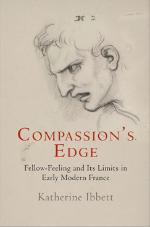 |  | 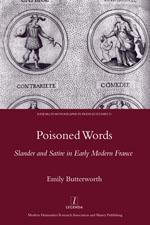 | 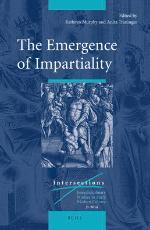 |
|---|
- 2021. Emma Claussen, Politics and ‘Politiques’: A Conceptual History (Cambridge University Press)
- 2020. Richard Scholar, Émigrés: French Words That Turned English (Princeton University Press)
- 2020. Ita Mac Carthy, The Grace of the Italian Renaissance (Princeton University Press)
- 2018. Alexander Marr, Raphaële Garrod, José Ramòn Marcaida, and Richard J. Oosterhoff, Logodaedalus: Word Histories of Ingenuity in Early Modern Europe (University of Pittsburgh Press)
- 2018. Katherine Ibbett, Compassion's Edge: Fellow-feeling and Its Limits in Early Modern France (University of Philadelphia Press)
- 2013. Kathryn Murphy and Anita Traninger (eds), The Emergence of Impartiality (Leiden: Brill)
- 2013. Ita Mac Carthy (ed.), Renaissance Keywords (Legenda)
- 2012. Kathy Eden, The Renaissance Rediscovery of Intimacy (Chicago University Press)
- 2011. Wes Williams, Monsters and their Meanings in Early Modern Culture: Mighty Magic (Oxford University Press)
- 2006. Emily Butterworth, Poisoned Words: Slander and Satire in Early Modern France (Legenda)
- 2005. Richard Scholar, The Je-Ne-Sais-Quoi in Early Modern Europe: Encounters with a Certain Something (Oxford University Press)
- 2004. Neil Kenny, The Uses of Curiosity in Early Modern France and Germany (Oxford University Press)
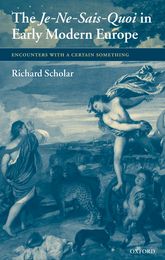 |
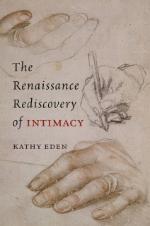 |
 |
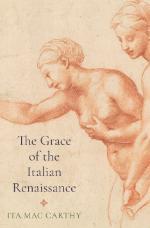 |
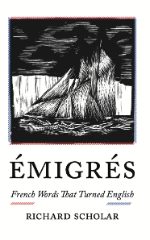 |
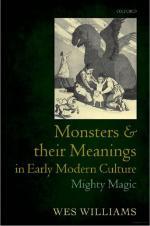 |
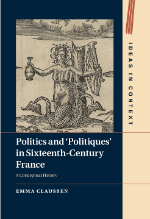 |
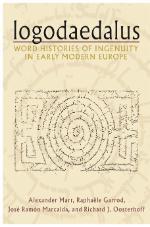 |
Reviews for Renaissance Keywords (2013)
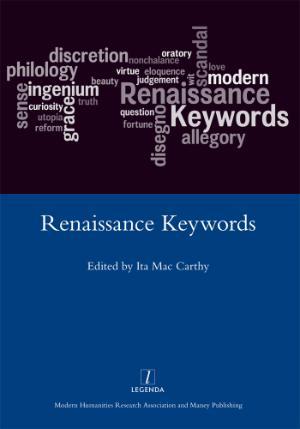 A thoughtful, well-written and engaging volume whose accessible presentation of wide-ranging but precise detail should appeal to the Renaissance specialist and the general reader alike. — unsigned notice, Forum for Modern Language Studies 50.2, April 2014, 231
A thoughtful, well-written and engaging volume whose accessible presentation of wide-ranging but precise detail should appeal to the Renaissance specialist and the general reader alike. — unsigned notice, Forum for Modern Language Studies 50.2, April 2014, 231
These chapters share an approach, drawing insights from close attention to both dictionary definitions and uses of terms in different contexts, and thereby provide excellent examples of ‘word histories’. — Hugh Roberts, French Studies 68.2, April 2014, 241-42
By bringing together intellectual history and philology in ways that are both rigorous and ambitious, the essays in Renaissance Keywords constitute a great contribution to the field of Renaissance and early modern studies. The book, however, transcends the limits of its field and offers anyone interested in the history of ideas important insights of the ways in which language in its ever-evolving nature determines ideas and worldviews. — Pablo Maurette, Modern Philology 112.3, February 2015, E231-33


/prod01/prodbucket01/media/durham-university/research-/research-institutes/institute-of-medieval-and-early-modern-studies/23358-1.jpg)